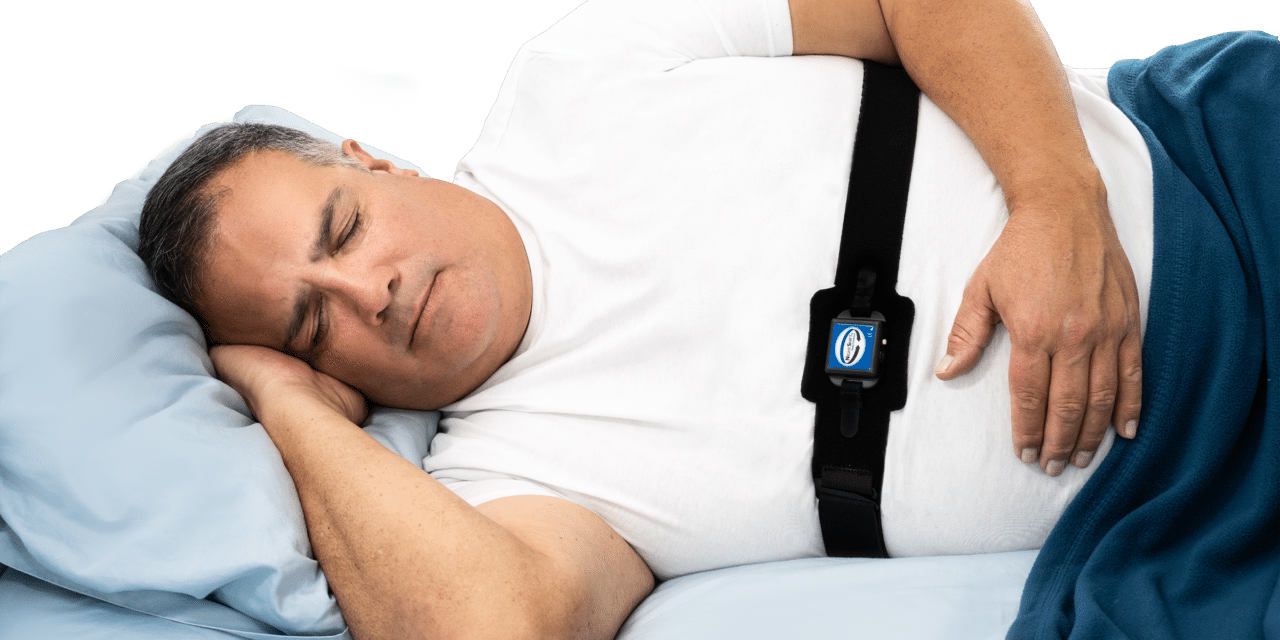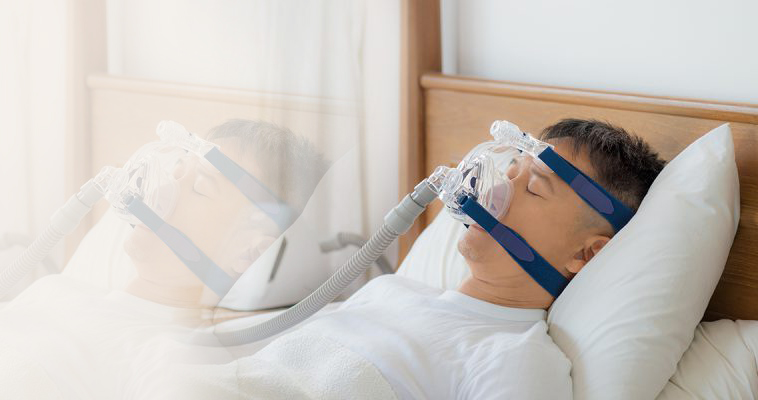Sleep Improvement Therapy - Boost Your Sleep Quality
Sleep Improvement Therapy - Boost Your Sleep Quality
Blog Article
Efficient Treatment Solutions for Taking Care Of Sleep Disorders and Enhancing Peaceful Sleep
In the realm of healthcare, the management of rest conditions and the pursuit for peaceful sleep are pivotal parts of overall well-being. Reliable therapy options offer a diverse method to deal with these obstacles, varying from cognitive behavior treatments to holistic techniques that promote leisure and mindfulness. The expedition of different techniques, including the assimilation of medicine and light treatment, opens a world of possibilities in the pursuit of much better rest quality. As we navigate the intricate landscape of rest problems and look for to enhance our sleep experience, a deeper understanding of these treatment solutions may hold the secret to opening an extra rejuvenating and satisfying restorative trip.
Cognitive Behavior Modification for Sleeping Disorders (CBT-I)
Cognitive Behavioral Therapy for Sleep Problems (CBT-I) is a structured, evidence-based therapy strategy that concentrates on addressing the underlying factors adding to rest disturbances. This kind of treatment aims to change behaviors and thoughts that exacerbate sleep problems, inevitably advertising healthy rest patterns. CBT-I generally entails numerous key components, including cognitive therapy, rest limitation, stimulation control, and rest hygiene education.
Cognitive treatment aids individuals determine and alter adverse idea patterns and ideas concerning sleep that might be preventing their capability to fall or remain asleep. Rest constraint entails limiting the amount of time invested in bed to match the person's real rest duration, thus raising sleep efficiency (insomnia therapy). Stimulation control methods assist develop a solid association between the bed and rest by motivating individuals to go to bed just when sleepy and to prevent participating in promoting activities in bed
Additionally, sleep health education concentrates on creating healthy sleep habits, such as preserving a consistent rest timetable, creating a relaxing going to bed routine, and enhancing the rest environment. By resolving these elements adequately, CBT-I provides a reliable non-pharmacological treatment for managing insomnia and improving total sleep top quality.
Rest Hygiene Practices
Having developed the structure of cognitive restructuring and behavior modifications in dealing with sleeping disorders via Cognitive Behavior modification for Sleeping Disorders (CBT-I), the focus currently moves towards discovering essential Sleep Hygiene Practices for maintaining optimum sleep top quality and general well-being.
Sleep hygiene practices include a variety of practices and ecological elements that can considerably affect one's capability to drop off to sleep and remain asleep throughout the night. Constant rest and wake times, developing a relaxing bedtime routine, and optimizing the rest environment by maintaining it dark, quiet, and cool are essential elements of excellent rest hygiene. Restricting exposure to displays prior to going to bed, staying clear of stimulants like high levels of caffeine near going to bed, and engaging in normal physical task throughout the day can also promote far better sleep top quality.
In addition, exercising leisure strategies such as deep breathing workouts or reflection before bed can help soothe the mind and prepare the body for rest. By integrating these sleep health practices into one's daily regimen, individuals can establish a healthy rest pattern that sustains relaxed sleep and overall health.
Leisure Strategies and Mindfulness
Implementing leisure methods and mindfulness methods can play an essential role in cultivating a feeling of calmness and promoting high quality rest. cognitive behavioral therapy for insomnia (CBT-I). These techniques intend to peaceful the mind, decrease stress, and develop an optimal setting for peaceful rest. One commonly exercised approach is deep breathing exercises, where people concentrate on slow-moving, deep breaths to kick back the body and mind. Dynamic muscle leisure includes tensing and then releasing each muscular tissue team, promoting physical leisure. Additionally, directed imagery can assist transfer people to a tranquil location in their minds, helping in stress and anxiety reduction and improving sleep top quality.
Mindfulness techniques, such as meditation and yoga, are likewise reliable in advertising leisure and boosting rest. Mindfulness urges individuals to remain present in the moment, releasing concerns regarding the past or future. By incorporating these methods right into a going to bed regimen, people can signify to their bodies that it is time to prepare and unwind for sleep. Generally, incorporating leisure methods and mindfulness techniques can considerably add to handling rest conditions and boosting total sleep top quality.

Medication Options for Rest Disorders
After exploring relaxation methods and mindfulness techniques as non-pharmacological interventions for enhancing sleep top quality, it is necessary to consider medication alternatives for individuals with sleep disorders. In cases where lifestyle modifications and therapy do not give sufficient relief, medication can be a beneficial device in managing sleep disturbances.
Generally suggested medicines for rest problems consist of benzodiazepines, non-benzodiazepine hypnotics, antidepressants, and melatonin receptor news agonists. Benzodiazepines, such as diazepam, are sedatives that can aid induce sleep, however they are normally advised for short-term usage due to the threat of dependancy. Non-benzodiazepine hypnotics like zolpidem are additionally made use of to treat sleeping disorders and have a lower danger of reliance compared to benzodiazepines. Antidepressants, such as trazodone, can be helpful for individuals with co-occurring anxiety and rest disturbances. Melatonin receptor agonists, like ramelteon, target the body's natural sleep-wake cycle and can be practical for controling sleep patterns.
It is crucial check my reference for people to speak with a doctor to determine one of the most suitable drug alternative based upon their details rest disorder and clinical background.
Light Treatment for Body Clock Regulation
Light treatment, additionally understood as photo-therapy, is a non-invasive treatment approach utilized to manage circadian rhythms and enhance sleep-wake cycles. This therapy entails exposure to brilliant light that simulates all-natural sunlight, which aids to reset the body's biological rhythm. By revealing people to specific wavelengths of light, usually in the morning or night depending upon the wanted effect, light treatment can efficiently readjust the circadian rhythm to advertise wakefulness throughout the day and boost peaceful rest during the night.
Study has actually shown that light treatment can be particularly beneficial for people with body clock disorders, such as postponed sleep stage disorder or jet lag. It can also be practical for those experiencing seasonal depression (SAD), a kind of depression that generally happens during the winter season when natural light exposure is reduced. Light treatment is usually well-tolerated and can be used along with various other therapy approaches for rest problems to maximize outcomes and enhance general rest quality.
Final Thought
Finally, reliable treatment services for managing sleep disorders and enhancing restful rest consist of Cognitive Behavioral Therapy for Sleeplessness (CBT-I), rest health practices, leisure techniques and mindfulness, medication options, and light therapy for body clock regulation. These methods can aid people improve their sleep quality and total health. It is essential to speak with a doctor to determine one of the most ideal approach for addressing sleep problems.
As we navigate the detailed landscape of sleep conditions and look for to enhance our rest experience, a much deeper understanding of these therapy solutions might hold the secret look at this site to unlocking a more refreshing and fulfilling corrective journey.
Rest restriction entails limiting the amount of time invested in bed to match the person's actual rest duration, thereby increasing rest effectiveness. Consistent rest and wake times, developing a relaxing bedtime regimen, and maximizing the rest environment by maintaining it dark, quiet, and cool are important elements of excellent sleep health. Light therapy is usually well-tolerated and can be made use of in combination with various other therapy techniques for rest conditions to optimize outcomes and enhance overall sleep quality.

Report this page